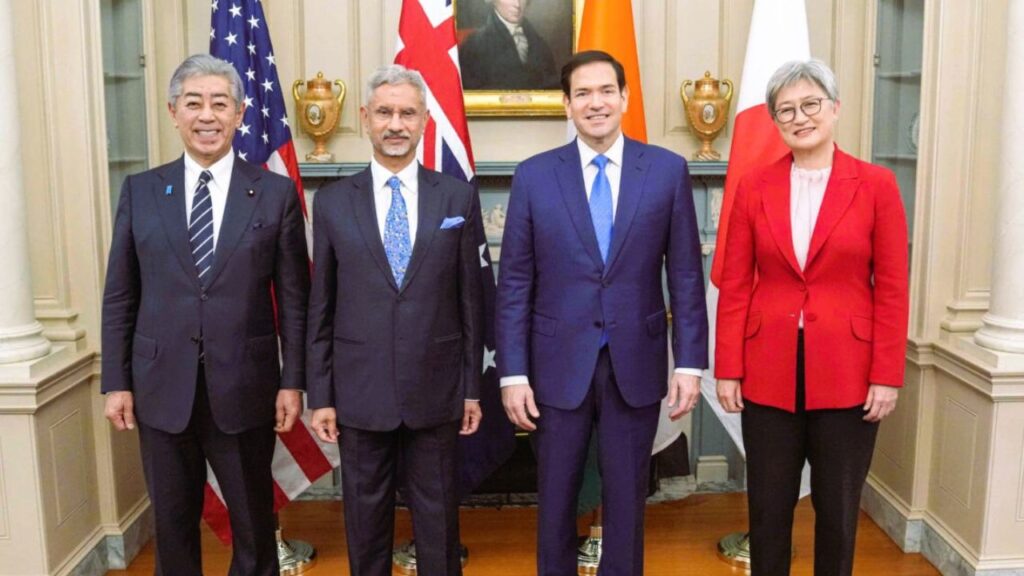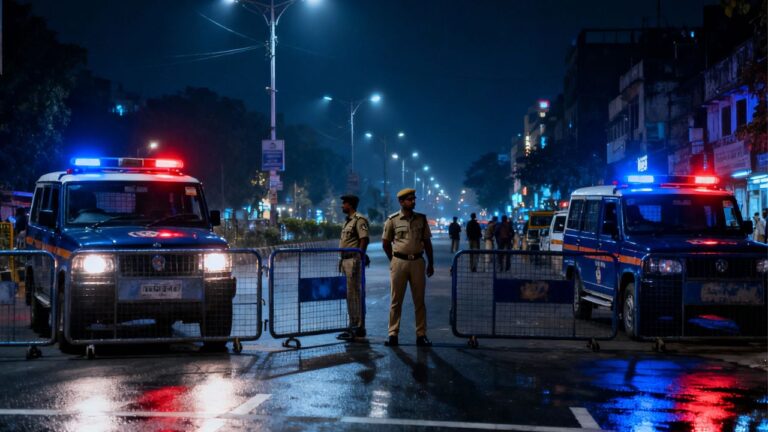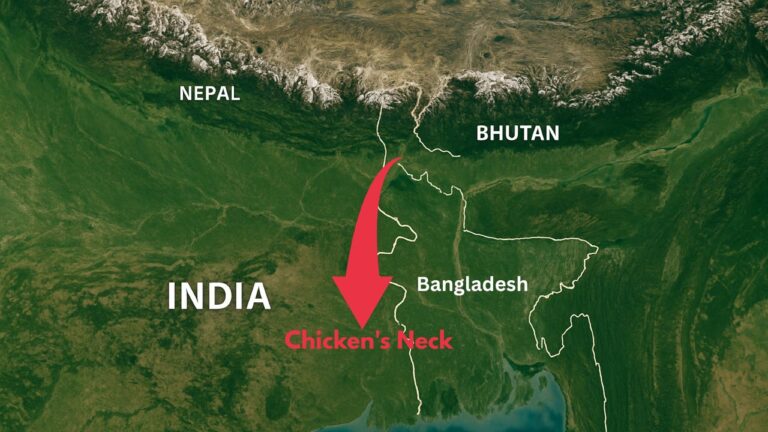
The foreign ministers of the United States, Australia, India, and Japan convened in Washington today for the latest Quadrilateral Security Dialogue (Quad) meeting, reaffirming their united commitment to a free, open, and rules-based Indo-Pacific amid growing regional and global challenges.
In a joint statement, U.S. Secretary of State Antony Blinken, Australian Foreign Minister Penny Wong, India’s External Affairs Minister Dr. S. Jaishankar, and Japanese Foreign Minister Yoko Kamikawa reiterated their shared resolve to uphold international law, respect sovereignty and territorial integrity, and promote peace and prosperity in the Indo-Pacific region.
A Renewed Quad Vision for the Indo-Pacific
The ministers announced an ambitious new agenda focused on four priority areas:
- Maritime and Transnational Security
- Economic Prosperity and Security
- Critical and Emerging Technology
- Humanitarian Assistance and Emergency Response
“This renewed focus will sharpen the Quad’s ability to address the region’s most pressing challenges,” the joint statement declared, adding that the group remains committed to supporting regional frameworks including ASEAN, the Pacific Islands Forum, and the Indian Ocean Rim Association (IORA).
South China Sea, East China Sea Remain Key Concerns
Raising serious concerns over aggressive actions in the South China Sea and East China Sea, the Quad strongly opposed any unilateral attempts to change the status quo by force or coercion. The ministers condemned the use of unsafe water cannons, ramming tactics, and the militarization of disputed maritime features, stressing that maritime disputes must be resolved peacefully in accordance with international law, including the 2016 arbitral tribunal ruling under UNCLOS.
Strengthening Economic Resilience and Critical Minerals Supply Chains
With an eye on long-term economic security, the Quad unveiled the Quad Critical Minerals Initiative, aimed at securing and diversifying supply chains for critical minerals and processing technologies. The statement warned against over-reliance on any single country, highlighting the dangers of economic coercion and supply chain disruptions.
Condemning North Korea’s Threats and Cyber Attacks
The ministers condemned North Korea’s continued development of nuclear weapons and ballistic missiles in violation of UN Security Council resolutions. The statement also raised alarm over Pyongyang’s malicious cyber activity, including cryptocurrency theft and illicit labor practices used to finance its weapons programs.
The Quad called on all UN member states to enforce existing sanctions and urged immediate resolution of outstanding issues, including North Korea’s abductions of foreign nationals.
Urgent Call for Peace in Myanmar
The group voiced deep concern over the ongoing crisis in Myanmar, calling for adherence to ceasefire commitments and full implementation of ASEAN’s Five Point Consensus. The statement urged unhindered delivery of humanitarian assistance and flagged rising regional threats from transnational crime and cybercrime linked to the conflict.
Condemnation of Terrorism and Kashmir Attack
The Quad firmly condemned all forms of terrorism, including cross-border terrorism. The ministers expressed outrage over the April 22 terror attack in Pahalgam, Jammu and Kashmir, which claimed the lives of 25 Indian nationals and one Nepali citizen. Calling the attack “reprehensible,” they demanded that the perpetrators be swiftly brought to justice and urged full international cooperation under relevant UN resolutions.
New Quad Initiatives for Regional Stability and Response
Among the key initiatives announced today:
- Quad Critical Minerals Initiative to diversify supply chains.
- First Quad Indo-Pacific Logistics Network Field Training Exercise in 2025 to bolster regional disaster response.
- Quad Ports of the Future Partnership, launching in Mumbai this year.
- Ongoing coordination on maritime law enforcement, Coast Guard training, and combating disinformation campaigns.
The Quad also committed over $30 million in humanitarian aid for victims of the March 2025 earthquake in Myanmar.
Looking Ahead
Reaffirming their democratic values and shared vision, the Quad ministers pledged continued cooperation to tackle regional threats and unlock opportunities for growth and stability. The next Quad Leaders’ Summit will be hosted by India later this year, followed by the Foreign Ministers’ Meeting in Australia in 2026.
“The Quad is evolving into a cornerstone of regional peace and resilience,” the ministers concluded, “with an enduring impact on the Indo-Pacific in the 21st century.”






